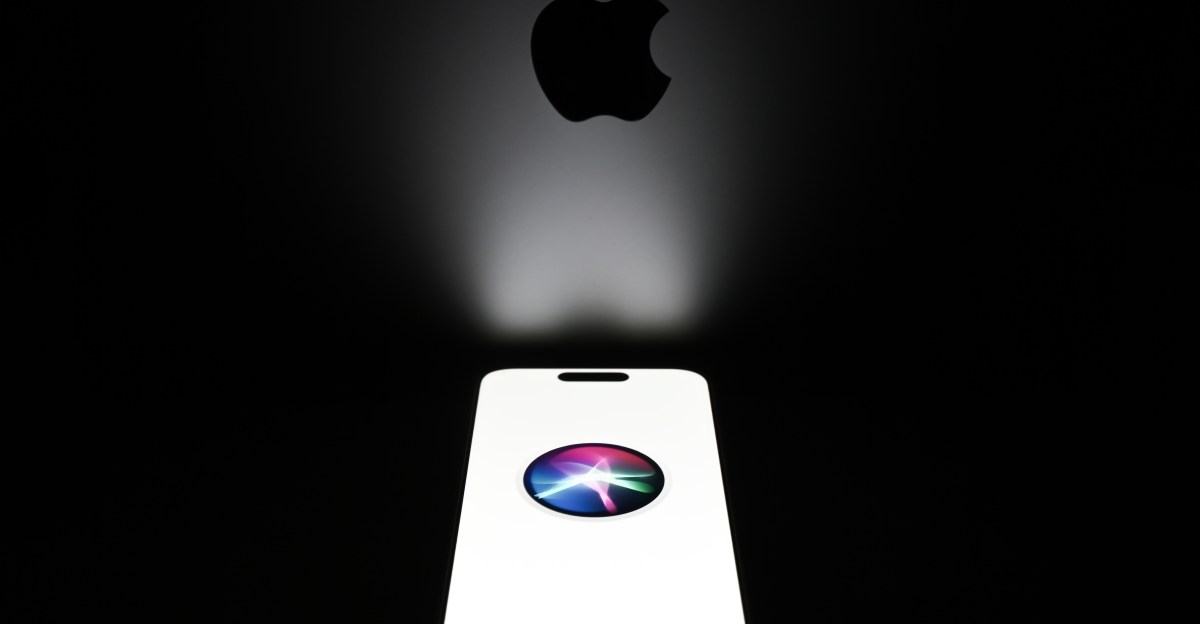Inside Apple’s $95 Million Eavesdropping Lawsuit: Key Lessons Unveiled
Apple, a titan in the technology sector, recently found itself at the center of a legal storm, culminating in a $95 million settlement related to allegations of eavesdropping on users. This lawsuit not only shines a light on the practices of one of the most valuable companies in the world but also underscores the broader implications of privacy and surveillance in the digital age. As we delve into this case, we uncover vital lessons about user privacy, corporate responsibility, and the legal frameworks that govern technology companies.
The Case Overview
The lawsuit originated from claims that Apple had unlawfully recorded users’ conversations and activities without their consent. Specifically, it was alleged that certain features of Apple’s products, particularly the Siri voice assistant, were designed in a manner that could inadvertently capture private conversations. This raised significant concerns about how tech companies handle user data and the extent to which they respect user privacy.
The plaintiffs argued that Apple’s failure to adequately inform users about data collection practices constituted a breach of privacy rights. The case attracted considerable media attention, sparking a larger conversation about the ethics of surveillance in technology and the responsibilities of companies in protecting user data.
Key Lessons from the Eavesdropping Lawsuit
This landmark lawsuit offers several critical insights into the interplay between technology, privacy, and legal obligations:
- Transparency is Crucial: One of the standout lessons from this case is the importance of transparency. Users today are increasingly aware of their privacy rights and expect companies to be upfront about how their data is collected and used. Apple’s settlement came partially as a response to a perceived lack of transparency in its data collection practices.
- Consent is Non-Negotiable: Another vital takeaway is that obtaining user consent is essential. Companies must ensure that users are fully informed about what they are consenting to when they use their services. This goes beyond just agreement; it involves clear, understandable communication about data practices.
- Legal Compliance is Imperative: The case serves as a reminder that tech companies must stay abreast of evolving privacy laws. With regulations like the General Data Protection Regulation (GDPR) in Europe and various state-level laws in the U.S., the legal landscape is continuously shifting. Companies must adapt accordingly to avoid costly legal repercussions.
- Reputation Matters: For a brand like Apple, reputation is everything. The lawsuit not only cost the company financially but also posed a threat to its image as a privacy-focused tech leader. In a world where consumers are increasingly making choices based on a company’s ethical stance, maintaining a positive reputation is crucial.
The Implications for Tech Giants
The implications of this lawsuit extend far beyond Apple. Tech giants like Google, Facebook, and Amazon are also under scrutiny for their data collection practices. As users become more cognizant of privacy issues, these companies must rethink their strategies to prioritize user privacy and data security.
Moreover, this case may pave the way for more stringent regulations governing data collection and privacy practices. Lawmakers are increasingly motivated to create frameworks that protect consumers, leading to potential changes in how technology companies operate. For instance, we may see more comprehensive data protection laws that enforce stricter penalties for non-compliance.
The Future of Privacy and Technology
As we look ahead, the intersection of privacy and technology will remain a hot topic. Companies must strike a balance between innovation and ethical responsibility. Here are some trends and considerations for the future:
- Enhanced Privacy Features: Companies are likely to invest in developing enhanced privacy features that allow users greater control over their data. This might include more robust consent mechanisms and the ability to opt-out of data collection easily.
- Increased User Education: Educating users about privacy rights and data practices will become more critical. Companies could take proactive steps to inform users about how their data is used and the potential risks associated with eavesdropping technologies.
- Technological Innovations: The tech industry may see a surge in innovations focused on user privacy. Solutions such as end-to-end encryption and anonymized data collection will likely gain traction as companies seek to reassure their users.
Conclusion
The $95 million eavesdropping lawsuit against Apple serves as a powerful reminder of the ongoing challenges tech companies face in safeguarding user data. This case highlights the necessity for transparency, consent, and legal compliance in the digital age. As technology continues to evolve, so too will the expectations of consumers regarding their privacy.
In a world where the line between convenience and privacy is often blurred, companies must commit to ethical practices that prioritize the protection of user data. The lessons learned from this lawsuit could very well shape the future of technology and privacy, ultimately leading to a more informed and secure digital landscape for all.
See more Future Tech Daily

